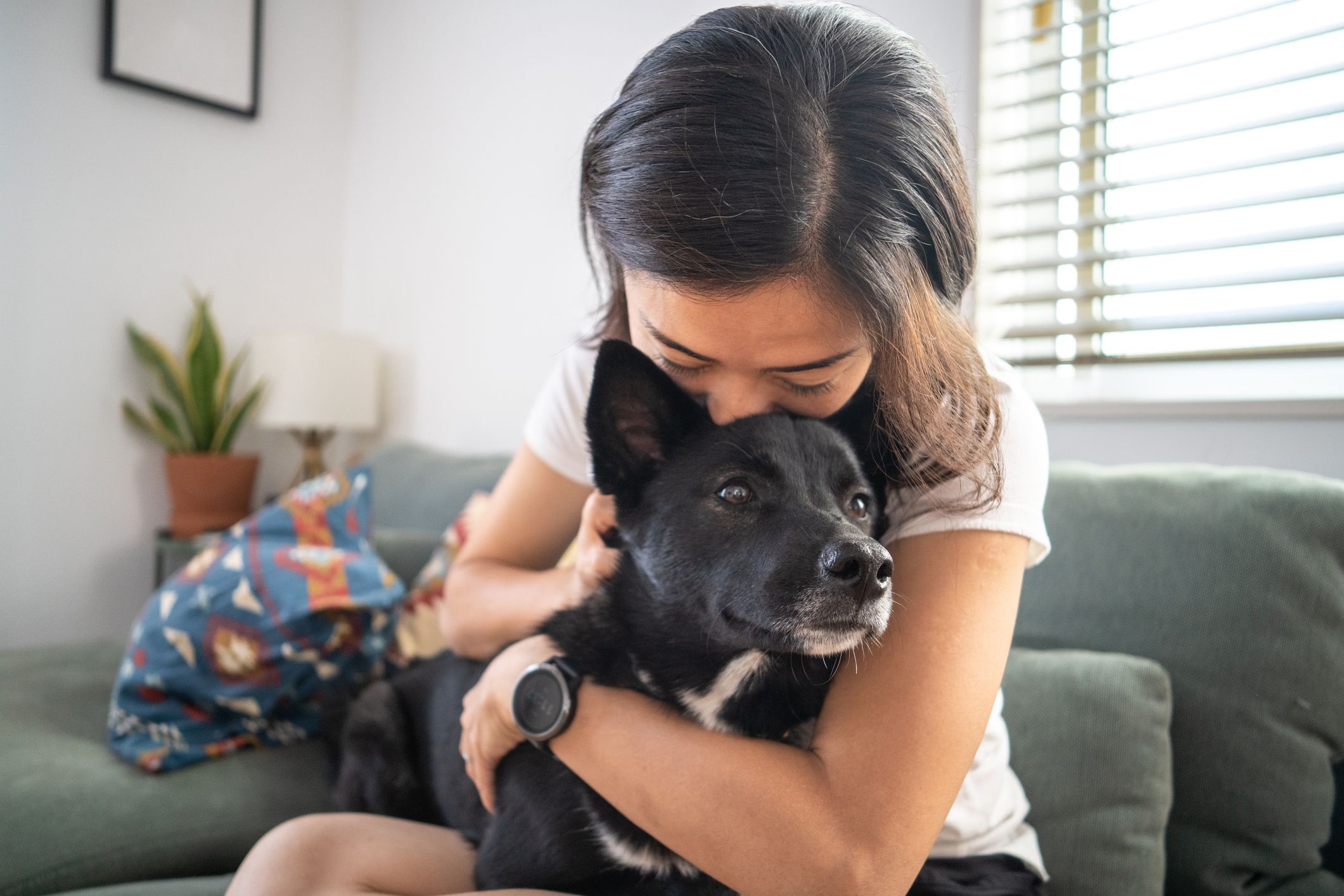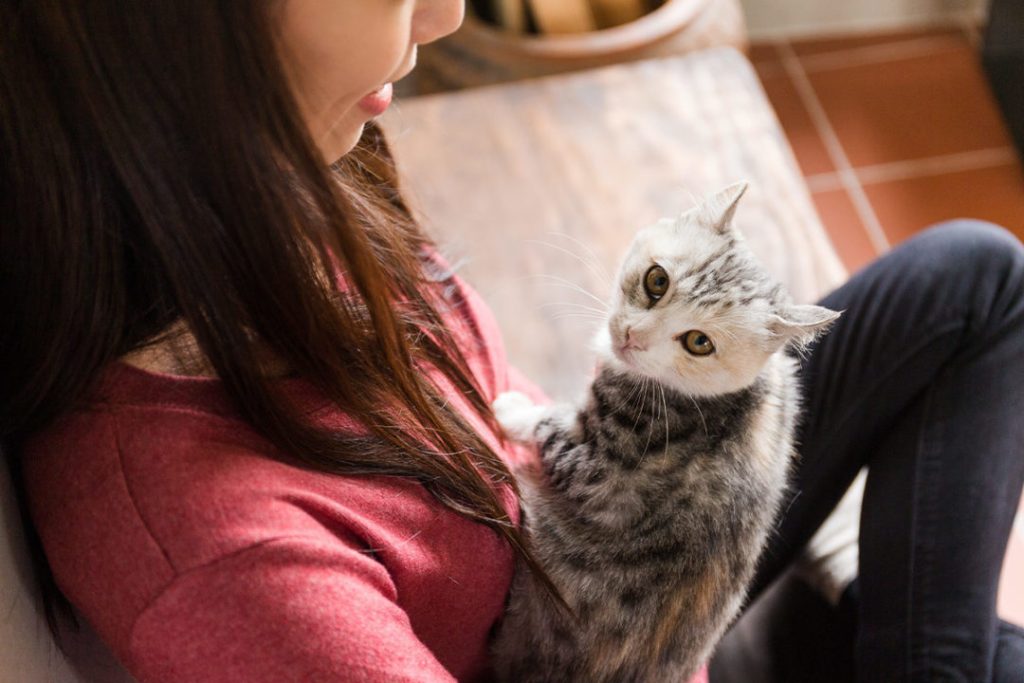
Pet ownership in Asia is rising all the time, with recent Rakuten studies showing that around 59% of people on average across the countries own a dog or cat.
Dogs are the most popular pets across Asia, accounting for 32% of all pet ownership, with cats at 26%.
In the Philippines, 67% of people own a dog, while dog ownership in China is at an all-time high of 53% and Thailand is catching up at 47%.
Table of Contents
Why is Pet Ownership in Asia Growing?

Source: petfoodprocessing.net
The changes in pet ownership across Asia could be down to many factors. Most notably, the recent changes in the economy and working environments. More working professionals, especially in China and Hong Kong, are now working from home, much like the rest of the world, meaning they have more time to take care of a pet.
Alongside this, Asia’s reputation for animal welfare has changed massively with the changes in the economy. As people in China, Thailand, Indonesia, and Hong Kong have fared well in the economy over the last few years and have begun to bring in more income on average, people in these areas have gained a newfound respect for their pets. Pets here are now viewed as part of the family and as a result, the marketplace has begun to cater to them, just as it does in wealthier countries. Some owners take their pets on ‘pet travel’ holidays too! And if they move countries, the pet travels too as pets are now more commonly in Asia considered family.
Dog-friendly restaurants and cat cafés can now be seen sprouting up all over Asia, as having a pet has now become more of a norm in society.
Asia’s Motivation for Pets
During surveys conducted by Rakuten, economic changes aren’t the only reasons for the development of the new pet culture. When questioned, the majority of owners said that they loved having a pet because they helped to reduce stress levels, gave some company to their owners if they were feeling lonely, and helped them feel more secure, especially if they lived alone.
Pets are known to have lots of benefits for people’s mental health and stability and can be a non-human companion in times of need. During the recent pandemic, people in Asia said that their pet was their highlight, as they provided some much-needed company and distraction.
Feeding Your Pet in Asia

Source: greatpetcare.com
While certain regions have got right on board with the pet market to put themselves ahead of the curve, others still struggle to produce or import good-quality pet food.
With some areas still sporting low income as the norm, residents have wanted to fit in with the pet craze, whilst living on minimal food themselves. Unfortunately, in some cases, this means that pets are bought and then fed on scraps from their owners’ tables.
This has a knock-on effect, meaning that pets often have poor diets and poor health, or are left to fend for themselves, sadly increasing the stray population.
To combat this, most countries in Asia don’t allow pets to be imported from other countries without being sterilized first, in order to combat the growth of strays on the streets.
The Pet Food Market in Asia
Feeding your pet in Asia also has the problem of limited availability. Even if you have the money to spoil your pet, it’s not guaranteed that you’ll be able to get hold of quality products.
Only half of the top pet food brands have any presence in Asia and are generally outsold by private, smaller companies who charge less money (for lower quality products). This has led the companies to cease growth in Asia, simply because the people who live there cannot afford to purchase premium products from high-quality chains.
This leaves an issue if you’re planning to relocate from another country to Asia with your pet alongside you. If you’ve come from a wealthier area with premium products being readily available, your pet may suffer from lower quality food, and this could make them ill. It’s definitely something to consider before moving. It’s a good idea to find shops that will stock the products that you need, so your pet’s diet doesn’t need to change.
If you use a pet relocation service to assist with your move, it’s possible that they’ll be able to point you in the right direction when you reach your destination.
Relocating to Asia with Your Pet

Source: unsplash.com
If you’re intending to relocate to Asia with your pet, then now is the time to do it. The pet industry is booming and things to do to cater for your pet are now more available than ever.
However, you should consider a few things before taking the plunge.
-
Accommodation
While having pets is becoming increasingly popular, not all accommodation is happy to accept them yet. In busy cities where the majority of homes are flats, pets may not be allowed or may be restricted to small dogs or a single cat.
Always make sure you know the rules before moving and find somewhere suitable.
-
Pet Travel Agents
ferndalekennels.com, recommends using a pet travel agent to relocate your pets into or out of Asia. The Asian pet travel specialists are Ferndale who are veterinary owned and have been IPATA members since 1997 (and have been operational since 1994). See their massive website for plenty of free resources!
-
Pet Food
The pet food you have in your home country won’t necessarily be available in Asia as the pet food companies aren’t as advanced. Make sure you can find a good quality pet shop near to your residence, so your pet still gets the food that they’re used to. This will keep them happy and healthy.
-
Places to Go
As there are lots of built-up areas across Asia, you need to make sure you’re near to wide open spaces. These need to be suitable places for your dog to run around, or for your cat to stretch their legs. Keep in mind that the stray pets population is still high in lots of areas, and you need to take your pet somewhere that’s safe.
-
Vaccinations & Health Checks
Vaccinations and health checks are essential in Asia. Make sue your pet is fully vaccinated before travel and ensure you find a decent vet when you reach your destination. There are lots of people out there that may not be trained to the standard that you’re used to in your home country.
If you’re worried about the move, a pet relocation service that specialises in travel to Asia may be able to help. They can provide tips and advice on how to handle your pet’s move, so they don’t become ill or stressed and fit into their new home with ease.







